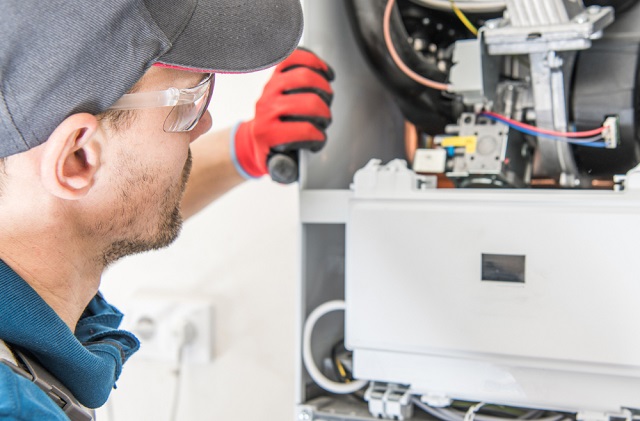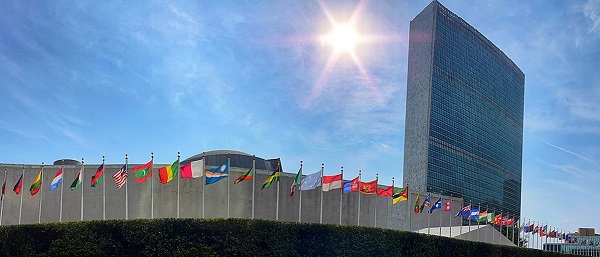It’s not about ideology at forty degrees below zero. It’s about survival
When the thermometer plunges to forty below, ideology no longer matters. Survival does.
That lesson was driven home in January 2024, when a brutal cold snap swept across America’s Pacific Northwest and western Canada. For four days, the region’s interconnected energy system teetered on the brink of collapse. Power lines snapped, gas pipelines strained, and four states of emergency were declared. In Portland, a falling power line killed three people and injured a baby.
This was no ordinary winter storm. It quickly became known as the January 2024 Event – a capital-letter crisis that planners are still analyzing nearly two years later. As recently as August 2025, experts continued to hold panels to ask the same question: how did the grid survive? Their verdict is grim.
Hydropower, long the Northwest’s reliable backup, faltered. Wind turbines stood still as the winds died at exactly the wrong time. Solar panels offered little under heavy gray skies. Natural gas supplied about two-thirds of the energy as furnaces worked around the clock – but even gas has limits.
The Real Problem: Capacity, Not Cold
Here’s the twist: post-event analysis shows the real problem wasn’t the cold. It was demand growth colliding with a system stripped of firm capacity. The cold snap may not have been unprecedented, but the risks were, BC Hydro’s Powerex reported.
They also warned that fashionable fixes like batteries and pumped hydro aren’t the cavalry many hope for. These technologies can even worsen shortages by competing for scarce electricity when it’s needed most. One Alberta utility estimated it would take a battery bigger than 13 years of the world’s entire EV battery output to cover its customers’ electricity needs for those few days.
Meanwhile, the renewables lobby was left scrambling for answers. Investigations by ProPublica and Oregon Public Broadcasting highlighted the obvious: Oregon and Washington had set “100% green” targets without solving the transmission bottlenecks needed to deliver that power. Instead of addressing the flaw, advocates doubled down, calling for more wind, more solar, more batteries without any credible plan for the impossibly large quantities required.
And so, in the depths of that frigid January, reality intruded. Gas-fired generation carried the essential load. Imports were pulled in. Utilities called for conservation, and households responded. System operators dug deep, showing remarkable resilience under pressure. Heroic efforts kept the lights on. But it should never have come to that.
The lesson is not that renewables are bad or that we should cling to the past. It is that energy policy must begin with humility. Weather is unpredictable. In a cross-border region of 26 million people, demand is also growing much faster than once forecast.
A Wake-Up Call Ignored
When lives are on the line, nothing replaces firm, dispatchable power. A balanced system – yes, with more renewables, but anchored by natural gas and supported by robust transmission – is essential. Pretending we can run an advanced economy on press releases and hope is how ideology masquerades as policy, and how families end up shivering in the dark.
The January 2024 event should have been a wake-up call. Yet too many leaders remain captivated by slogans and blind to physics. The grid doesn’t read legislation. It doesn’t listen to speeches. It responds only to supply, demand, and the weather. And when the weather turns deadly, the reckoning is swift.
Dreamers will keep promising a painless transition. British Columbia, for example, is shutting down domestic gas generation in what’s branded a “pivot” to renewables – even as the province ships its first LNG cargoes to a world hungry for reliable gas. At the same time, the explosive growth of data centres driven by artificial intelligence has experts agog at what this means for an already strained system.
Eighteen months after the event, the people we expect to have answers are still asking questions.
Questions Still Unanswered
Here’s one more: is our energy system’s fragility the result of wishful thinking colliding with reality? To many experts, the answer seems obvious.
At minus forty, there is no spin, no ideology—only survival.
If Canada and the Northwest want to avoid a repeat of January 2024, the path is clear: double down on reliability, build the neglected transmission, and keep firm power in the system. Because the next deep freeze—or heat wave—will not wait for us to get our politics straight.
References
LA Times (Jan 17, 2024). Pacific Northwest ice storm kills three.
NewsData (Aug 2025). Panelists: January 2024 gas shortage sparked conversations on coordination.
USACE (2024). Don’t bet on the weather: the role hydropower plays in balancing the grid.
Western Power Pool (2024). Assessment of January 2024 Cold Weather Event.
Powerex (Mar 2024). Analysis of the January 2024 Winter Weather Event.
ProPublica/OPB (May 2025). How the Pacific Northwest’s dream of green energy fell apart.
NW Energy Coalition (2024). Customer-side resources critical to reliability.






















